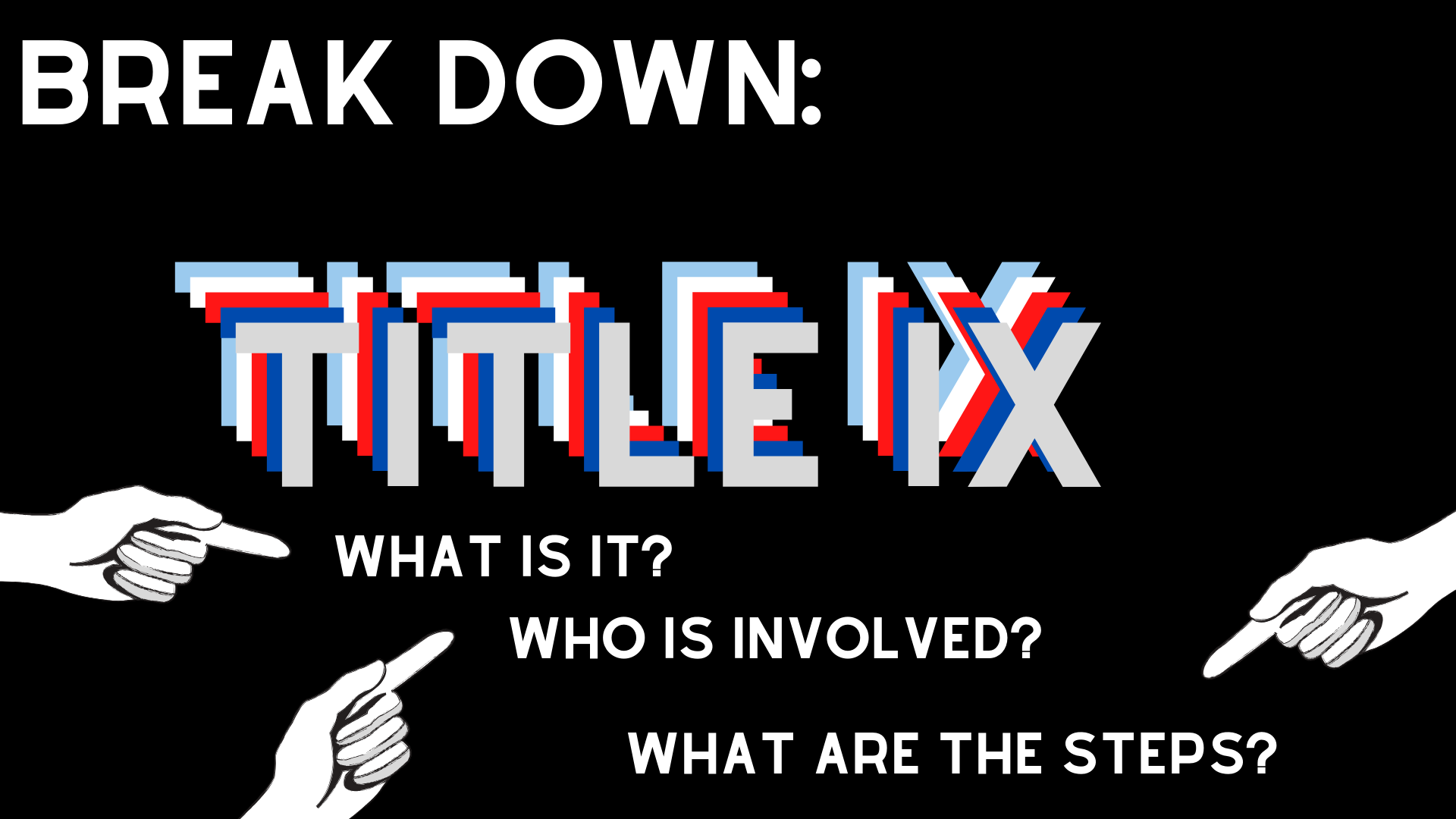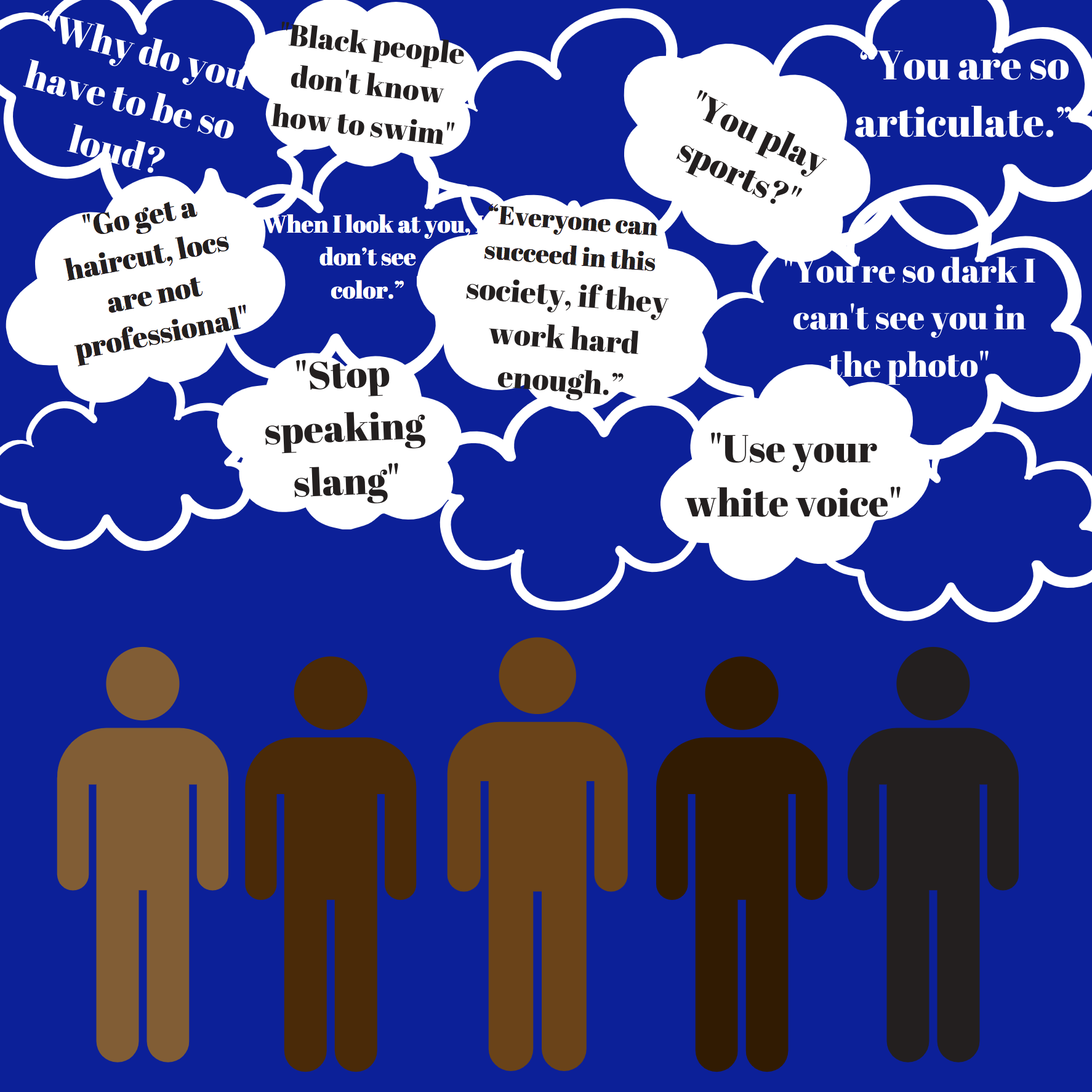Column: Hope through practice, conversation and unity
Watching “For Bo,” a play illustrating the killing of Botham Jean by police officer Amber Guyger, educated me in ways I least expected.
The beginning of the play I felt angry and annoyed. These feelings came over me because I could not escape the truth for so many black people today.
The fact that no matter what we do, we can still fall victim to a death we do not deserve nor instigate. I try to go about my day shielding myself from facts like this so I can focus on ways I can achieve success rather than succumbing to an internal battle of hopelessness.
Throughout the play, I struggled to have anything other than an “us vs them” mentality. I couldn’t seem to find one thing that brings us together during such tragedies where perpetrators take no accountability.
I ask myself, “How can we come together as a diverse nation?”
Everyday, I am on a mission to practice by doing the basic steps. I talk to people from different backgrounds, religions and cultures.
I ask questions and get to know them, sit with people that don’t look me and I educate people about racist behavior.
Yet I still feel this is not enough. Basic is not enough.
Me, one person vowing to be intentional, is not enough.
Following the play, two panelists, both community leaders, gave me hope.
One panelist, a community liaison for law enforcement, mentioned that when it comes to law enforcement and society coming together in understanding, there needs to be a conversation that needs to happen on both sides. I agree.
Creating a dialogue between the parties and facilitating understanding can bring about change that is needed. This same practice can be used for society in general.
The United States is a diverse country with a dark, ongoing history with no proper dialogue and processes to heal. This takes a society, not just a person, a family, a city or state—but a country.
That same panelist also discussed coming together by embracing our differences.
She said, “Unity comes through embracing diversity.”
Those words coming together, pun intended, illustrates the idea that there is a default way in doing, acting, dressing or speaking, but instead learning about others and embracing who they are.
What’s more important about celebrating authenticity you ask? It is using the basic skills I previously discussed to get to know your neighbor. This may be difficult at first, but it is not inherently a bad thing.
The second panelist, a member of the Aiken branch of NAACP, reminds the audience that “creating tension is necessary for change,” a statement first used by Socrates and later used in the Letter from the Birmingham Jail by Dr. Martin Luther King Jr.
So, while learning about others may cause tension, it is necessary. If we have no understanding, we have no growth, and where there is no growth, history will repeat itself.






